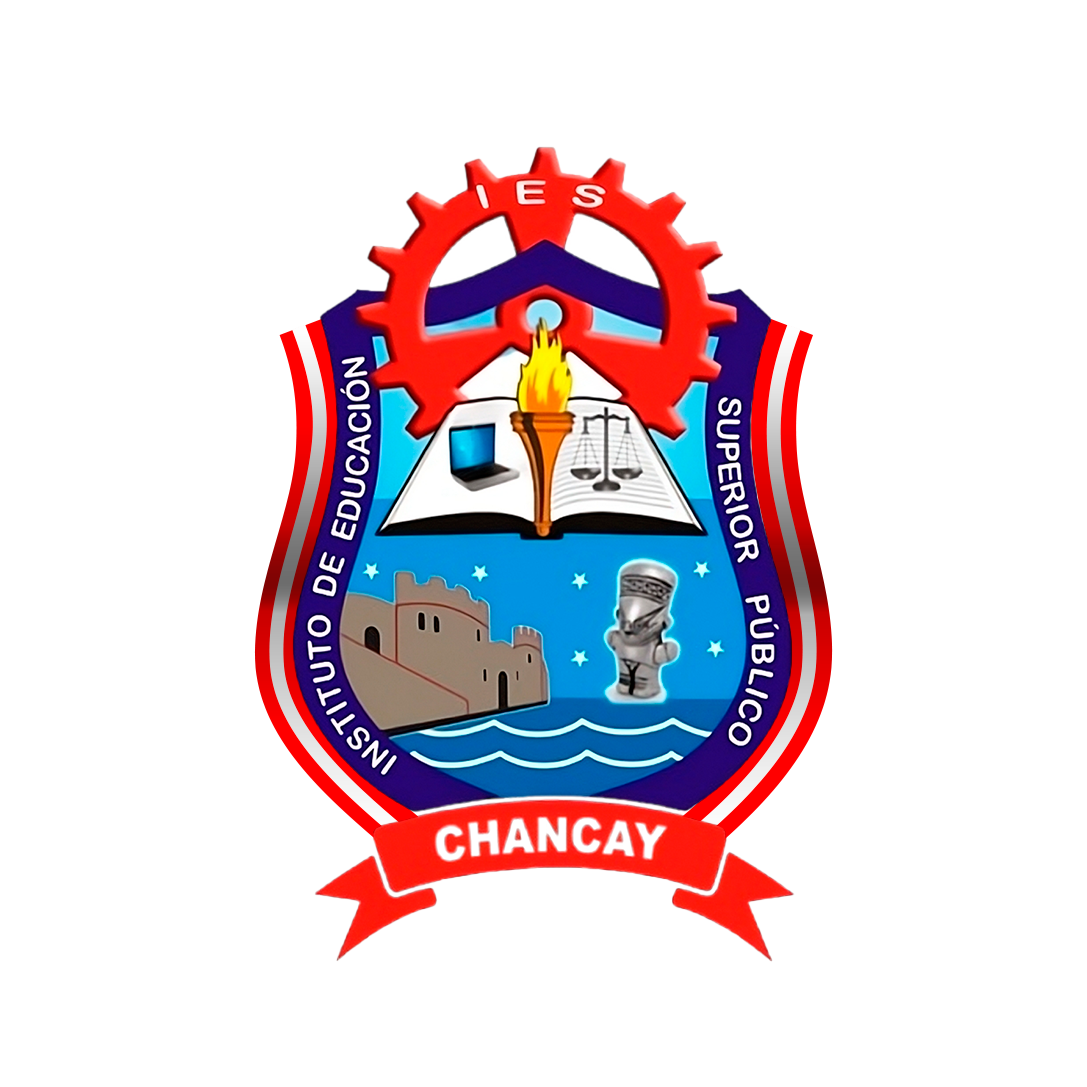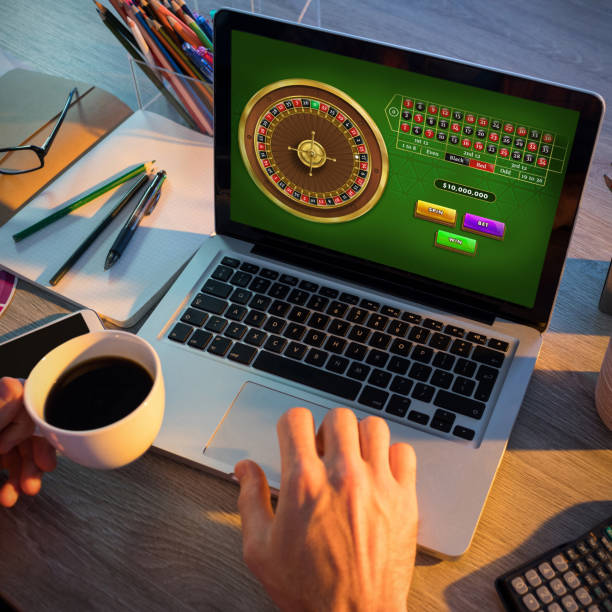Best Apps for Random Online Conversation – Methods to Use Random Video Call Cautiously
Business apps for your samsung galaxy nexus
For a while now i’ve embraced in addition and the social media tools how the internet provides to enhance music marketing methods. Not withstanding the obvious like myspace, youtube, imeem, revver, facebook and so on, one of the most important forms of advertising i teach is the web live functioning.
bing road maps. Microsoft has been pretty vocal in advertising bing, additionally recent moves by they to supply a ton of nifty applications, introduce ajax controls, and hiring a genius to head of the maps division i consider that google executives should worry. True they still have street view (which always struck me as creepy – why do when i drive around in a van images of people’s houses on the internet no one calls it a valuable information resource?) and the stuff they’re doing with mobile turns your cell phone into a totally free gps device, but i think bing might start creating a real dent in google’s empire.
games are split up into subsequent categories; slot machines, table games, electronic poker games and specialty activities. We already know how the slots category is component. As you be in the games and pick out the favourite, you will see that almost video slots have much more two progressive jackpots. These jackpots are won aimlessly and can be won after any spin of the reels, it doesn’t the bet. This is one feature rtg is acknowledged for.
ipad 2 has ram upgraded to 512mb from 256mb. The traditional you are experiencing faster loading of web pages and quicker access in order to folders and files.
interfacing amid anonymous strangers protectedly engaging with chatliv

This fantastic chatliv chat analogy with the information had been going today till recent time. Well i end up being exaggerating however when skype arrived in the early 2000’s, 2003 to be precise, it took longer before it reached a tremendous following. We are talking about a application that permits you to its users to video call any kind of their contacts for free as well as make very cheap calls to phones.
however, some geeks use chatliv video chat games as one way random video chat anonymous to replace a non-existent social life. They get their “human contact” fix by emailing their guild mates in everquest, or those lame n00bs on xbox live, and don’t feel the call to go out and meet real anyone.
for those that want to look at a significant approach on learning spanish online, they could enroll in online classes that will teach them the language for a particular period. Some of the classes can take only several weeks whilst can last months according to
selecting different versions for chatliv to dynamic projection interchanging thoughts
The the student’s skill mark. when it seemed jobs was wrapping it all up, he threw out a surprise (as usual). It’s called facetime as well as its pretty damn cool. Any owner within the latest iphone can video chat for some other iphone 4 owners. Surprise! Then jobs presented chatliv a commercial of people using facetime. When it cut to 2 people signing over the iphone to communicate, it got everyone right the actual planet heart. All of us know we require an iphone4.and to learn sign language. Unfortunately, facetime only works over wifi for the remainder of year.
the galaxy s is a looker too – 11.9mm around the waist and the lightest for the three phones here at 119g. Significantly desire and iphone 4, it includes a 5.0 mp camera with autofocus, geo-tagging, touch to concentrate functionality, face and smile detection and hd video recording. The only negative point is how little an led flash. A 1ghz processor provides the turn of speed, while talktime is rated about 6.5 plenty. Not bad.
overall, i’d personally have completely wrong that after unveiling the reality regarding rim, when the long-term investment is just what you are looking for; rim may still be a sufficient option for you. You just have to of which mind; the long-term commitment could spend a while to the return. Lots of investors are staying optimistic and in a position to right. An everyday correct, throughout rim could turn in order to be an extremely good financial go on the perhaps the investor. Otherwise, this particular stock more than likely will not interest owners. If it’s a fast turnaround












